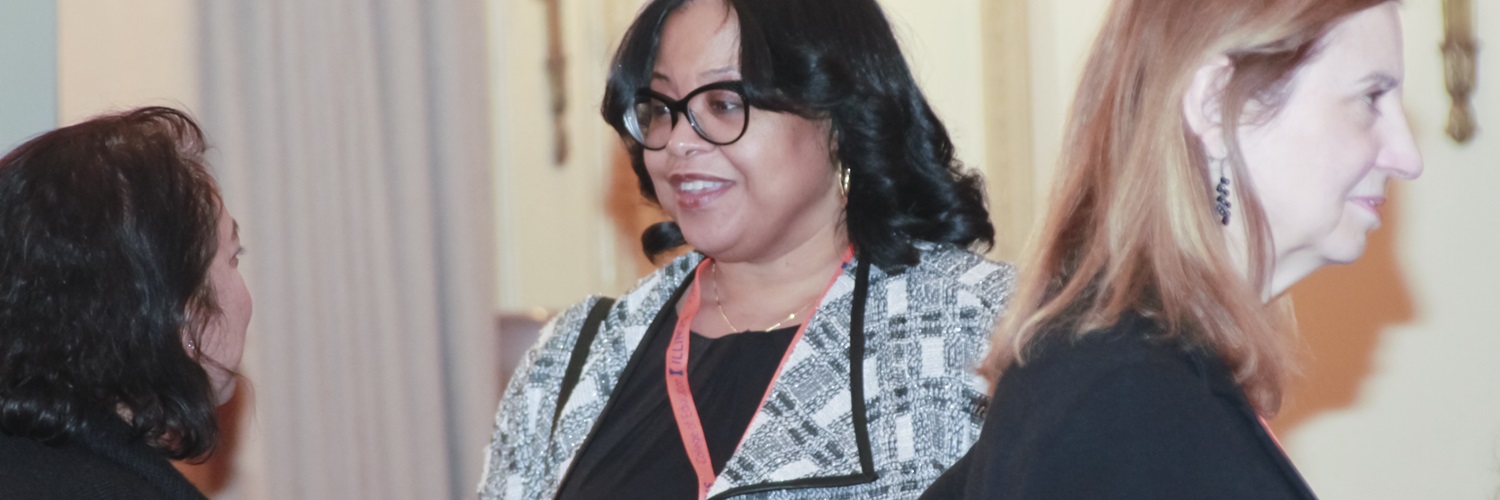
Interrogating Cultural Responsiveness against the Backdrop of Racism and Colonialism
PURPOSE
People of Color are increasingly experiencing the world as an unsafe and inhospitable place. The burden of racism and colonialism is steadily increased by those in positions of authority who fail to speak out and name acts of racism and hatred for what they are. We are committed to culturally responsive evaluation, measurement, and assessment. This commitment requires courage and strategizing to ensure that the lives of People of Color are accurately and visibly represented. We also need to interrogate ourselves as practitioners of assessment and evaluation to ensure that we are interrupting rather than perpetuating systems of power that are marginalizing.
THEMES
The CREA 2021 theme of Interrogating Cultural Responsiveness against the Backdrop of Racism and Colonialism will focus on the following areas in program evaluation, measurement, and assessment:
- Being culturally responsive in the midst of discomfort and opposition—critically reflecting on our professional experiences and strategies for maintaining and strengthening our cultural responsiveness
- Choosing to be part of a solution rather than part of a problem—how well do we encourage interpersonal and academic discussions of racism and colonialism
- Building the capacity of those we work with—communities, organizations, funders—to understand history, culture, and the distribution of power resulting from racism and colonialism
- Naming, unpacking, and destabilizing white privilege to understand how racism and colonialism negatively impact all peoples
- Delving deeper into the intersections of racism and colonialism with sexism, transphobia and other prejudices that marginalize and exclude
- Examining the theoretical roots of cultural responsiveness through the intersecting lenses of racism and colonialism.
